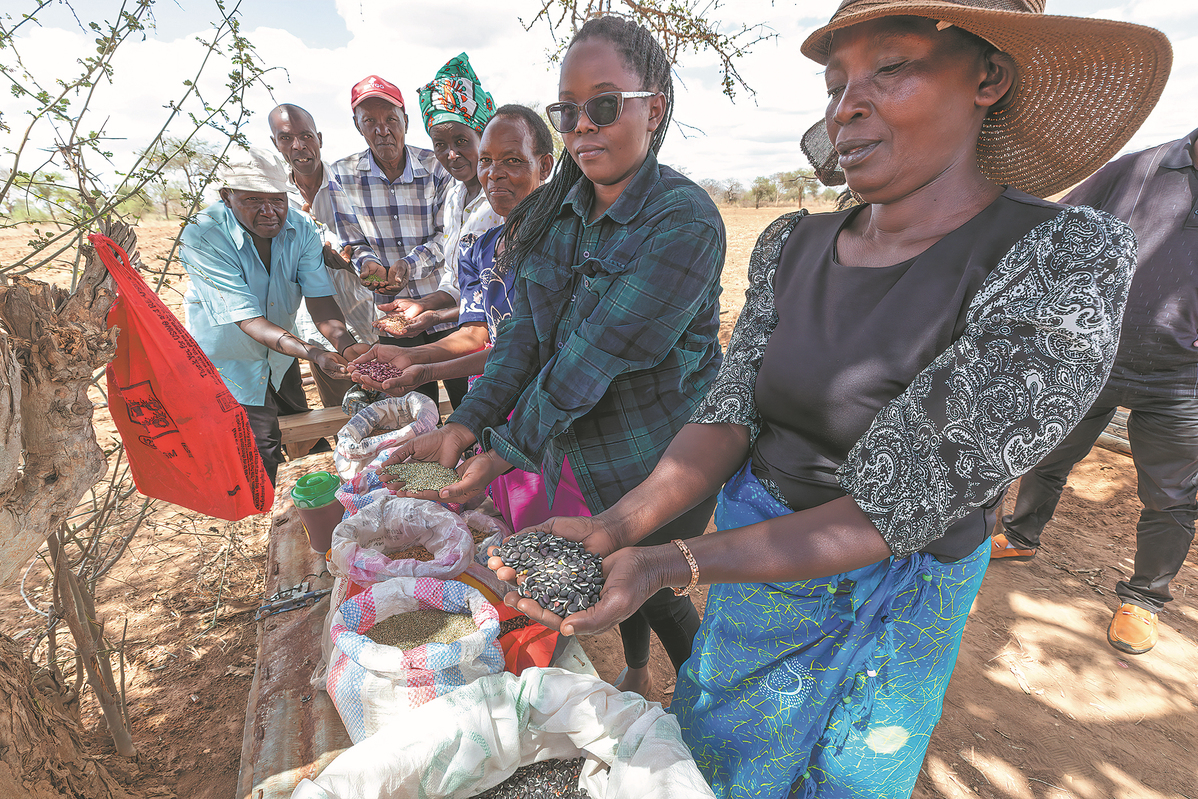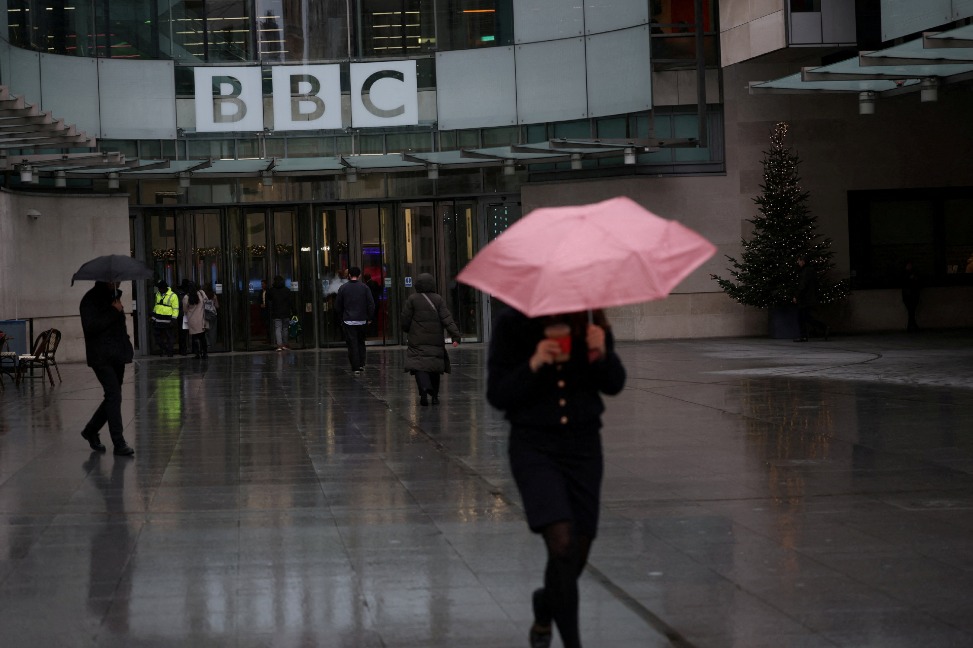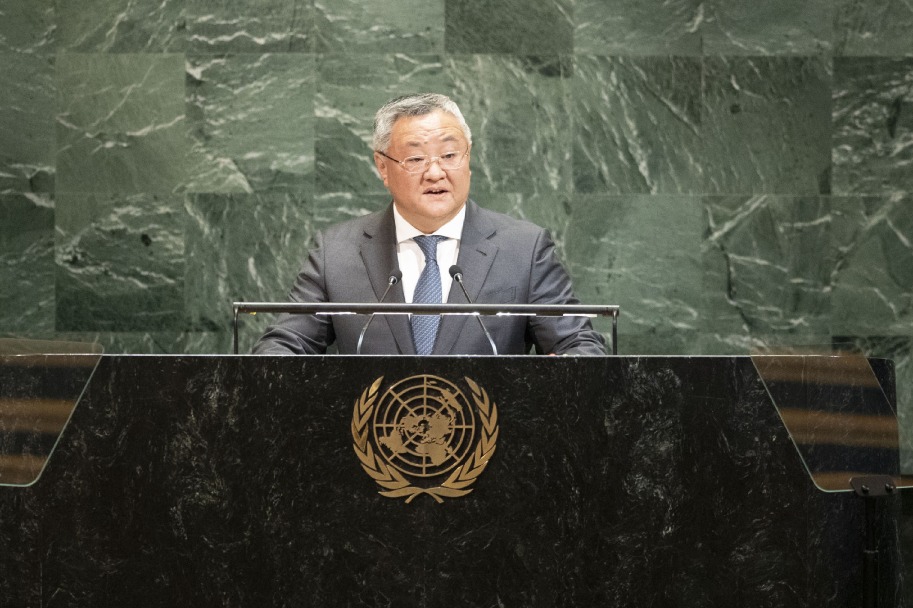Nations hit by unusual 'whiplash' weather


Northern Italy's extreme dry spells have doubled during the past two decades, creating a climate reminiscent of Ethiopia's and giving an example of what researchers say is the "whiplash effect" caused by global climate change.
Satellite data analysis from nonprofit WaterAid and Cardiff and Bristol universities in the United Kingdom shows how global heating is leading to erratic extremes, with drought-prone areas flooding and wet areas drying out, affecting millions of people living in poverty.
The research analyzed flooding and drought hazards in six countries — Pakistan, Ethiopia, Uganda, Burkina Faso, Ghana, and Mozambique — during a 41-year period, and included Italy as a European comparison, revealing a significant shift in climate patterns, reported Sky News.
The analysis shows that the southern Shabelle region of Ethiopia, which was prone to frequent periods of flooding between 1980 and 2000, is now undergoing a significant transition toward prolonged and severe drought, mirroring the phenomenon seen in Italy.
The data shows the number of intense dry spells experienced in northern Italy has more than doubled since 2000, but that these periods are punctuated by risks of extreme flooding, as seen in the Lombardy region earlier this year.
"Many of our study sites have experienced a hazard flip from being drought-prone to floodprone or vice versa," said the study's co-lead researcher, Michael Singer, a professor at Cardiff University.
The study warns that despite a consistent rise in temperatures recorded, the impact of climate change will not be uniform across the planet, reported Euronews.
"Instead, the hazard profile for any region is likely to change in unpredictable ways," said co-lead researcher Katerina Michaelides, a professor at the University of Bristol.
Researchers warn that the consequences of these climate extremes are "devastating" for communities, leading to the destruction of crops and livelihoods, damage to fragile water supply infrastructure, disruption of water supply services, and increased vulnerability to disease and mortality.
Tim Wainwright, WaterAid's chief executive, said: "For the world's most vulnerable, this is a matter of life or death. We cannot let climate change wash away peoples' futures.
"From drought-stricken farmlands to flood-ravaged settlements, communities in Pakistan, Burkina Faso, Ghana, and Ethiopia are all experiencing alarming climate whiplash effects; Uganda is experiencing ever more catastrophic flooding and Mozambique a chaotic mix of both extremes.
"While we will all pay a price for global water stress, it's those living on the frontline of the climate crisis who are paying for it now — their lives hanging in the balance."
Published ahead of the United Nations COP28 climate conference, to be held in Dubai from Nov 30 to Dec 12, the research highlights the urgency of allocating funds to support communities in adapting and increasing their resilience to the extreme effects of climate change, which will be a key topic of discussion during the summit.































